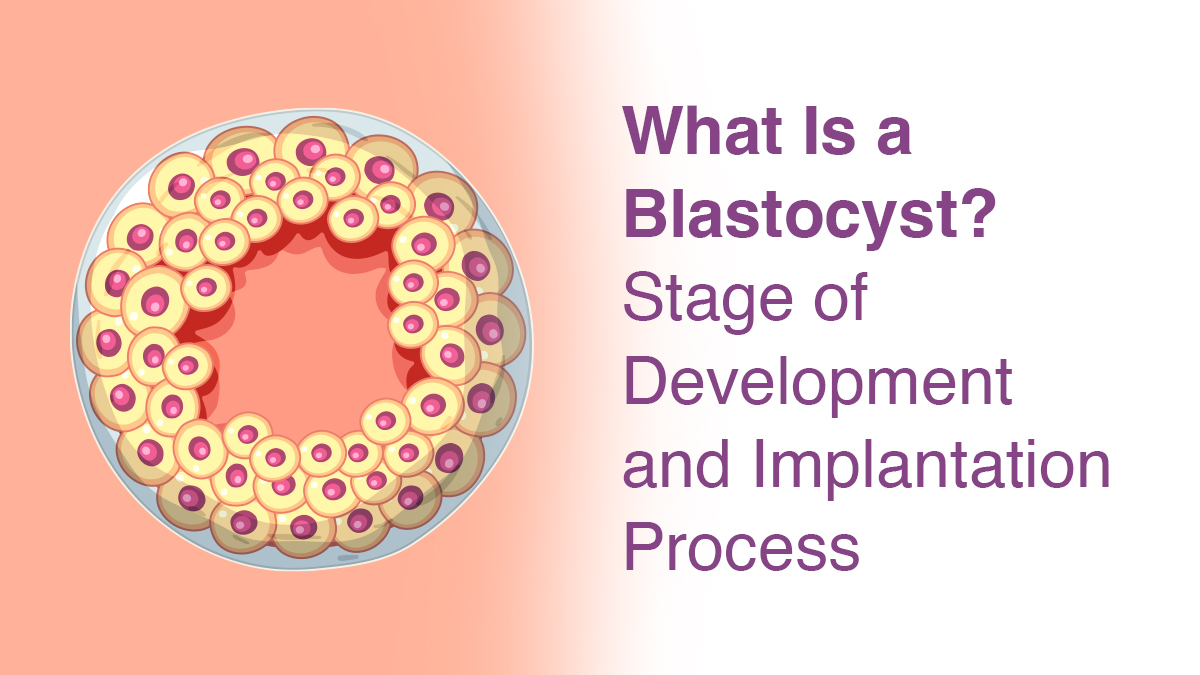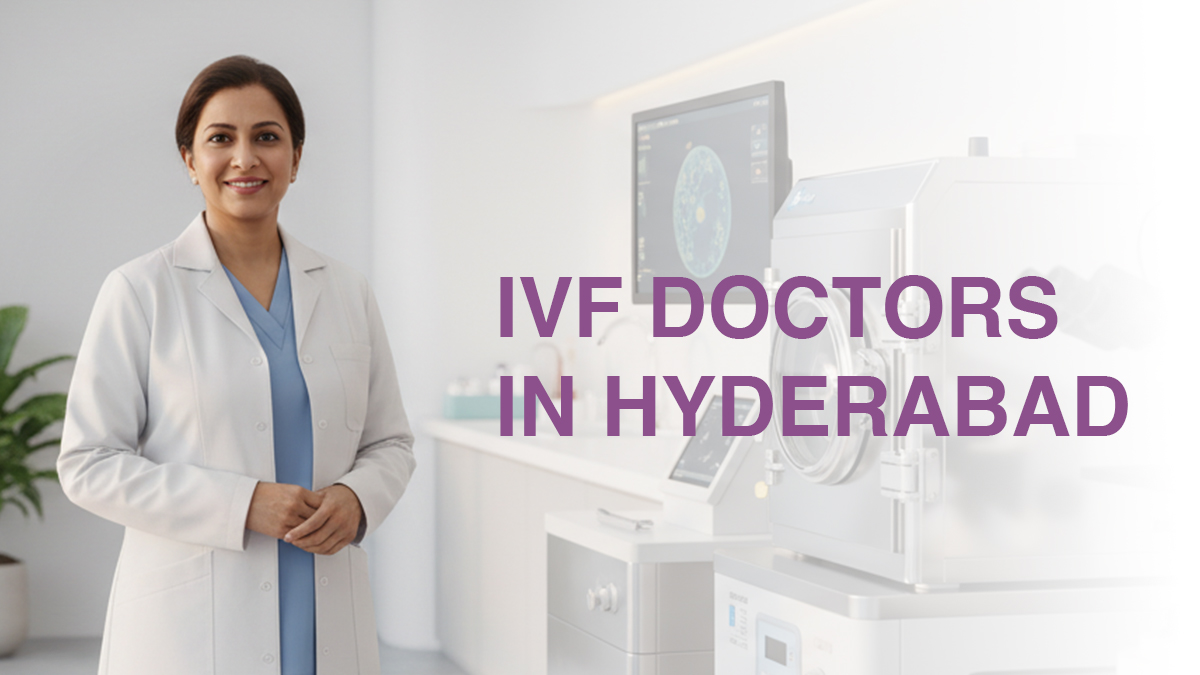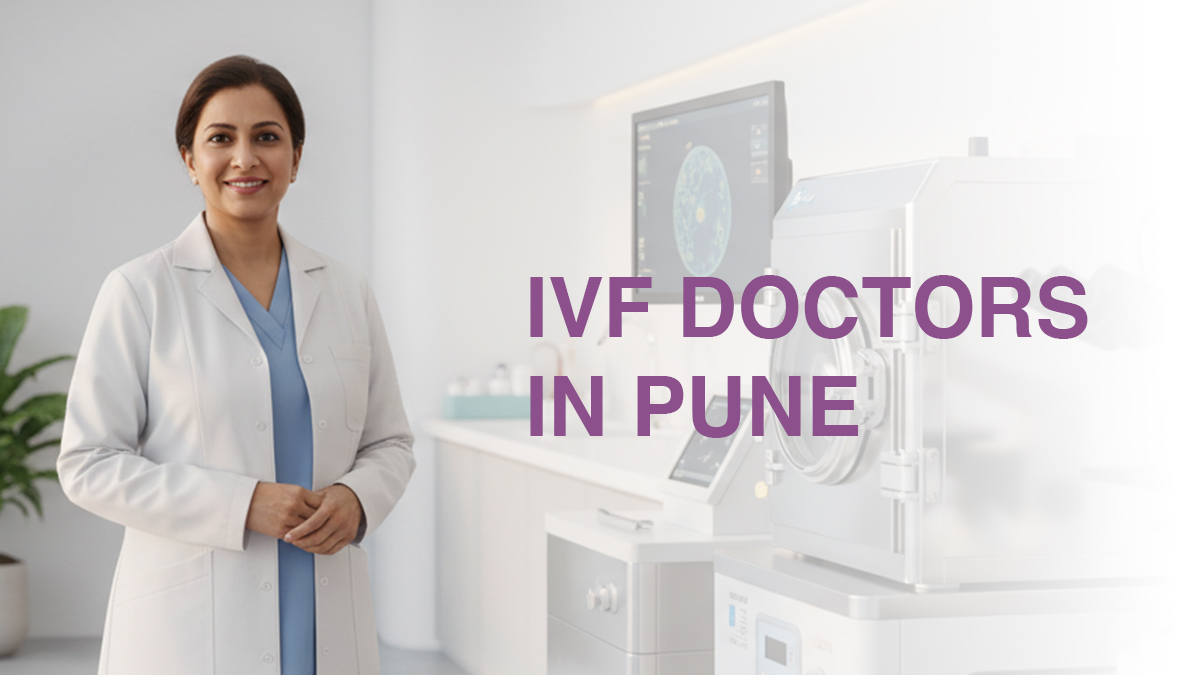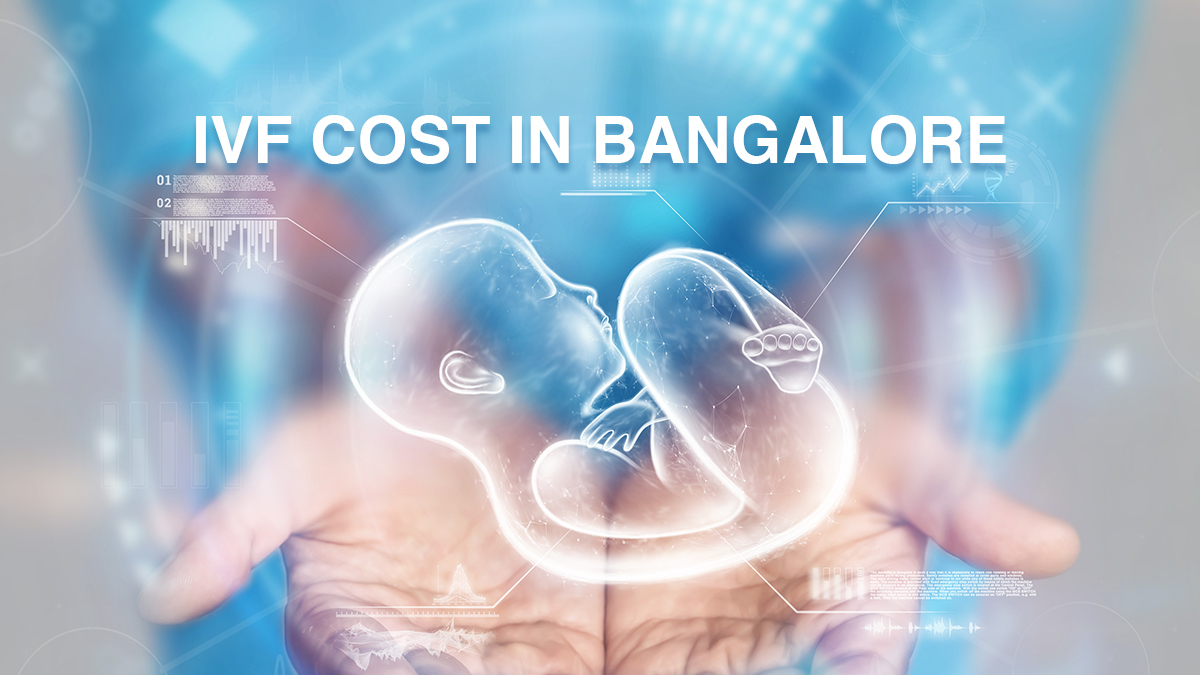
What Is IVF? Step-by-Step Procedure Explained for Beginners
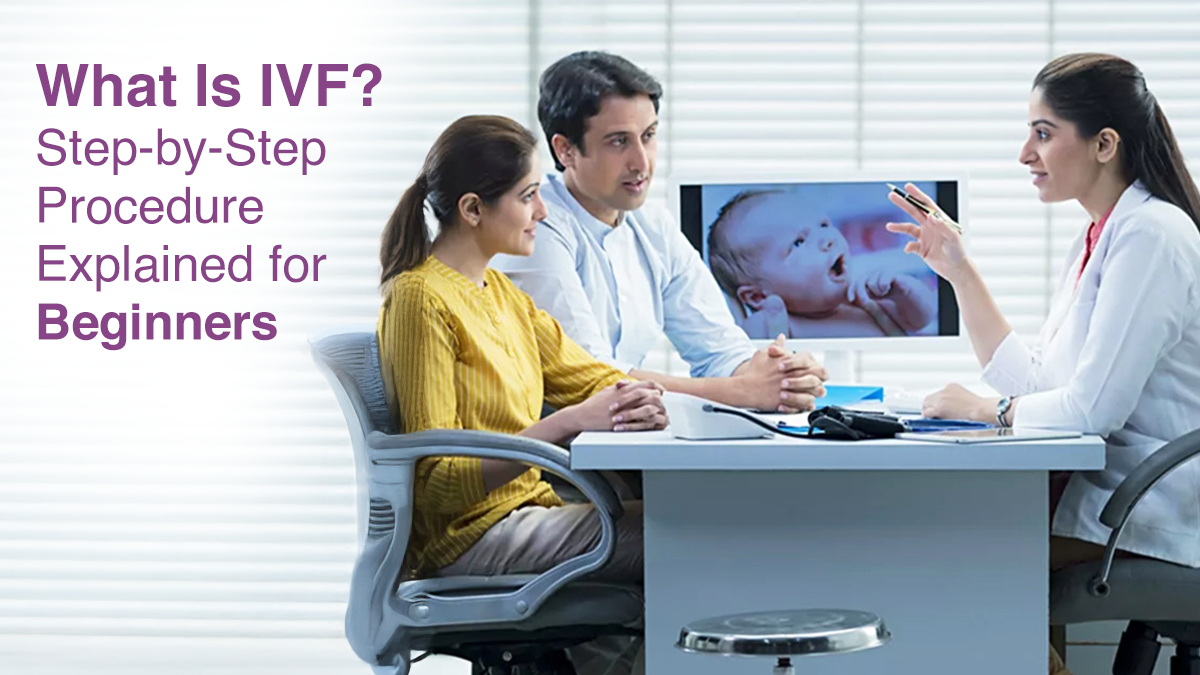
Starting a family can be a beautiful experience; for some, it may also come with its challenges. For many couples who are having difficulty with fertility, one of the most advanced and most effective options available to them is IVF treatment. If you are wondered if you have heard about the IVF treatment, but still feel confused about what IVF is, the following information is designed to lay it all out there in simple terms.
What Is IVF?
Let’s cover the basics. What is IVF? IVF stands for In Vitro Fertilization. IVF is a medical procedure that combines a woman’s egg and man’s sperm outside of the woman’s body in a laboratory to create an embryo. The embryo is then implanted into the woman’s uterus for her to become pregnant.
The meaning of IVF is literally “fertilization in glass” as it is done in a dish. IVF is the process used when natural conception is difficult for many medical reasons. When people say, “What is IVF procedure?” or “What is IVF treatment?”, they are asking about the whole process, a planned series of medication, procedures and monitoring.
Who Is IVF For?
IVF treatment can help many couples and individuals. It’s often recommended in cases like:
- Blocked or damaged fallopian tubes
- Male infertility (low sperm count or poor motility)
- Ovulation disorders or hormonal imbalances
- Endometriosis
- Unexplained infertility
- Older women trying to conceive
- Those using donor sperm or eggs or surrogacy
If you’ve tried other treatments without success, your doctor might suggest the IVF process as a next step.
IVF Procedure: Step-by-Step
Understanding the IVF process step-by-step helps reduce fear and uncertainty. Here’s what typically happens during a treatment cycle:
1. Pre-Treatment Phase
Birth Control Pills
Before beginning, your doctor might ask you to take birth control pills for a few weeks. This may sound strange, but these pills help:
- Regulate your cycle
- Allow the ovaries to rest
- Synchronize egg development for better results
What is IVF preparation without a strong foundation? These pills help get your body ready.
Ovarian Stimulation
Once your cycle is regulated, the next phase begins.
A. Injectable Hormone Medication
You’ll be given hormone injections (usually for 8–14 days). These stimulate your ovaries to produce more than one egg (because in a natural cycle, only one egg matures). More eggs = better chances of success.
B. Monitoring
During this time, you’ll visit the clinic for:
- Blood tests to check hormone levels
- Ultrasounds to monitor egg growth and readiness
This helps doctors adjust your medication dosage if needed.
C. Trigger Shot
Once your eggs are ready, you’ll get a final injection called the “trigger shot.” This matures your eggs and prepares them for retrieval. Timing is crucial here, as egg retrieval happens about 36 hours after this shot.
2. During the Treatment
Egg Retrieval
This minor procedure is done under mild anaesthesia. A thin needle is used to collect eggs from your ovaries. It takes about 20-30 minutes, and you can usually go home the same day.
Fertilisation
The collected eggs are combined with sperm in the lab. This is where fertilization happens—either naturally or using a special technique called ICSI (Intracytoplasmic Sperm Injection), where one sperm is directly injected into the egg. This is the heart of IVF, creating embryos outside the body.
Embryo Development
Over the next 3 to 5 days, doctors observe the embryos to see how they’re growing. The best-quality embryos are selected for transfer. Sometimes, embryos can be frozen for later use as well.
Embryo Transfer
This is a quick and painless procedure. A healthy embryo is placed into your uterus using a thin tube. You don’t need anaesthesia, and you can go home shortly afterwards.
3. After the Treatment
Pregnancy Test
About 10 to 14 days after the embryo transfer, you’ll take a blood test to see if you’re pregnant. This part of the IVF process is emotional and full of hope. If the result is positive, you’ll continue to care as with any pregnancy. If not, your doctor will discuss the next steps with you.
Conclusion
The IVF process can feel overwhelming at first, but breaking it down helps. For many, IVF treatment has been the key to building a family when nothing else worked. If you want to undergo IVF, discuss with the fertility specialists of the Oasis Fertility Clinic near you to understand more. You can also call us on 1800-3001-1000 or use our live chat option for immediate assistance.
FAQs
What is the purpose of birth control pills before IVF?
They help regulate your cycle, prevent ovarian cysts, and improve the timing of egg development for better outcomes.
Can I exercise during the IVF cycle?
Light activities like walking or yoga are usually okay, but intense workouts are not recommended during ovarian stimulation and after embryo transfer.
Can the IVF timeline vary based on my response to medication?
Yes, everyone’s body reacts differently. Some may need more or fewer days of stimulation depending on how the ovaries respond.


fill up the form to get a
Free Consultation
Avail 0% interest on EMI
All Procedures | No Upper Limit
How we reviewed this article:
- Current Version
